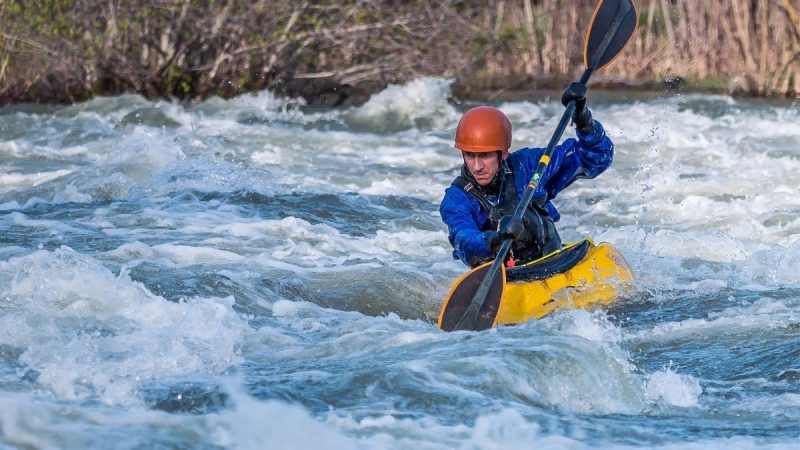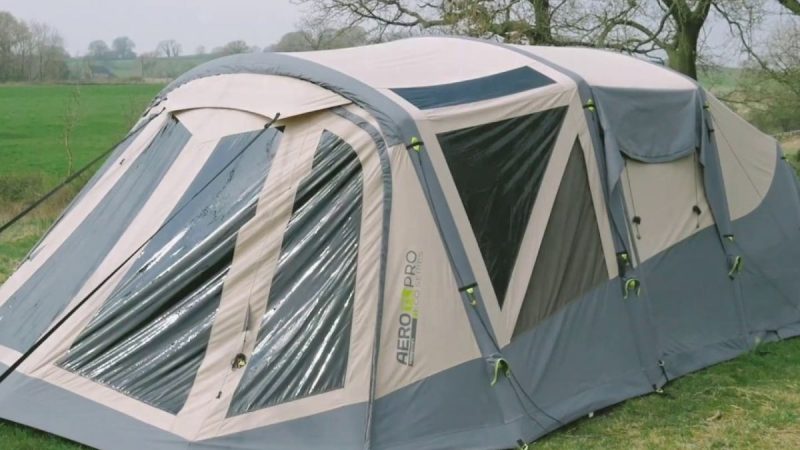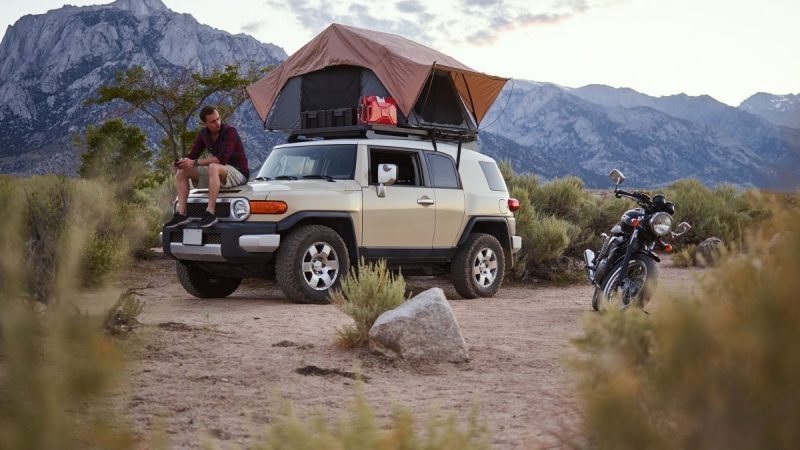Best and “Definite” Tips of Escape for Backpackers and Avoiding Wild Animals – to be in the Know

Backpackers and avoiding wild animals can be nerve-wracking. There are a few things to remember if you find yourself face-to-face with a potentially dangerous animal in the wilderness.
In this article, you will look into tips to prepare as well as a thorough understanding of the animals.
The first most important thing to remember if you are a backpacker and avoiding wild animals is to PACK OUT what you PACK IN. This means if an animal, unfortunately, dies in your campsite, leave it there pronto! It may be unappetizing but the best thing you can do is pack out all remains of a carcass or an unfortunate death. An exception to this rule would be for you to bury the animal… But only if you have no other choice. Remember: prevention is better than cure. Be cautious at all times while outdoors and stay aware of your environment and surroundings.
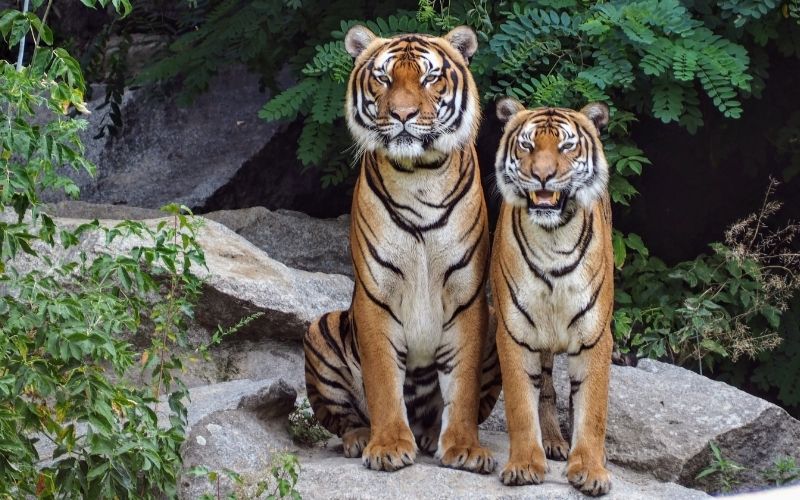
What to Prepare when Going to the Forest?
Before you go, make sure to pack bear spray, a can of pepper spray designed for grizzlies. It has a greater range than regular pepper spray and is more effective against bears. Make sure also to pack plenty of food and water, as well as a first-aid kit. If you’re traveling in an area where there are mountain lions, it’s a good idea to bring along a loud noise-maker such as a whistle or air horn.
If wildlife encounters are common in the area you’re visiting, consider wearing an animal deterrent, like an ammonia stick, which will help to keep predators at bay. Taking some precautions before heading into the wilderness can help minimize your chances of having an encounter with a dangerous animal.
Plan to Have a Suitable Travel Time

If you really are one backpacker and avoiding wild animals, start your hike early, before animals are most active. Plan to finish your hike before dusk when animals are the most active. Dusk is also a dangerous time to be driving in bear country.
Hiking with a group will also help deter any unwanted animal encounters, as well as lend assistance in case of an emergency. If you’re traveling with small children, keep them close by at all times.
Moreover, this method is ideal for those who are uncomfortable with wild animals, or if you have children with you.
Notes and Ways to Recognize Wild Animals
The first thing you need to know if you are a backpacker and avoiding wild animals is what type of animal it is. This way, you will be able to recognize the animal and prepare yourself accordingly.
Wolves
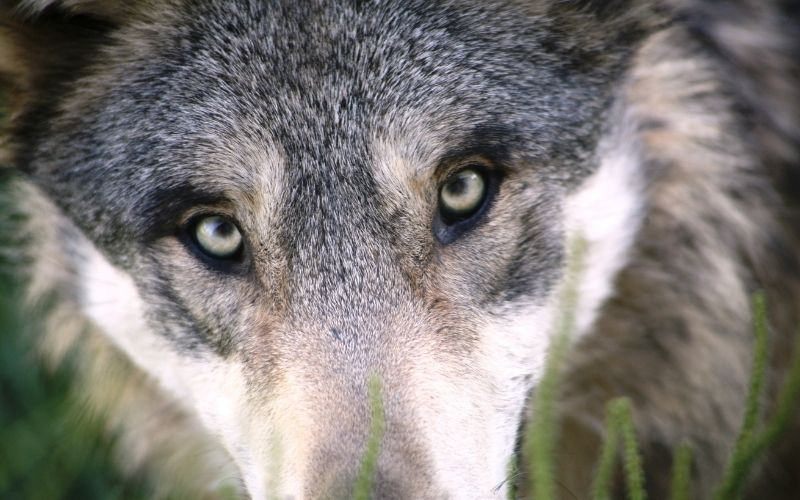
When encountering a wolf, stand your ground and don’t run as wolves regard this as an act of prey and will attack. Face the oncoming wolf and never turn your back on them (this can be perceived as a sign of submission). Speak in a strong voice to let the wolf know you’re not an easy target, but do so without screaming or showing fear. Back away slowly if possible while facing the animal directly. Make yourself appear big by raising your arms over your head (like when making a snow angel), but don’t make any sudden movements that could startle the animal. If you’re hiking alone, whistle to try and draw others in your party to your location.
Bears
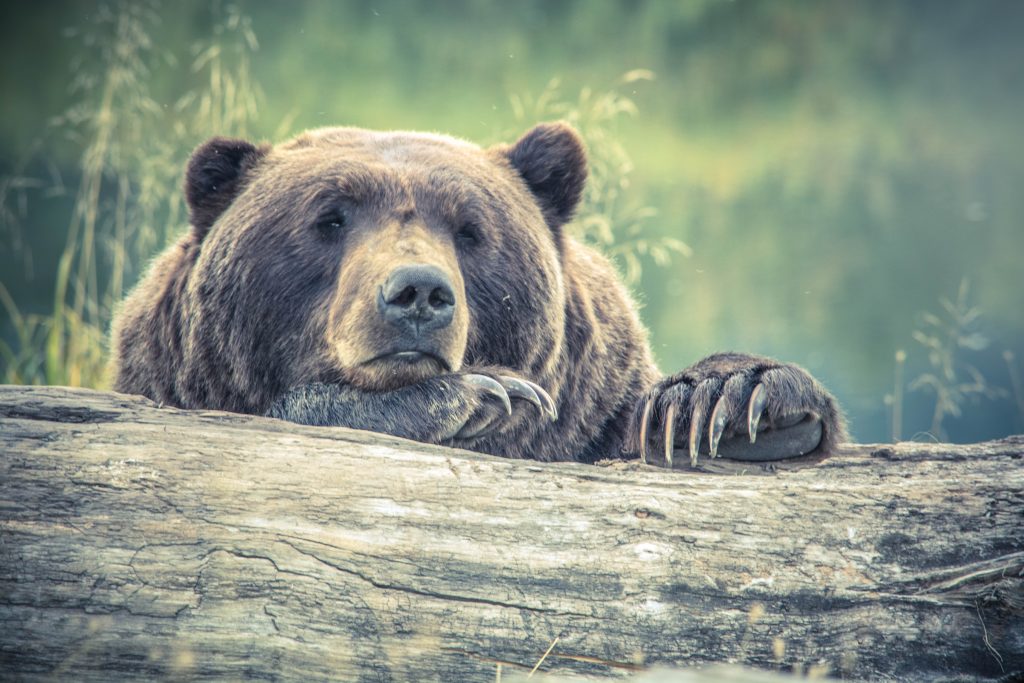
Bears are the most likely to attack, so it’s important to do everything you can to avoid an encounter with them. Make noise when walking through the woods or hiking in bear country. Sing, whistle or talk loudly at all times. Bears are more afraid of you than you are of them and will usually avoid confrontation if they hear humans coming first. Hike only during daylight hours, as black bears tend to be diurnal (active during the day) while grizzlies are nocturnal (active at night).
Make sure that your food is stored securely away from your tent/sleeping area so that a bear won’t have access to it. Keep all odorous products such as toothpaste/deodorant away from the campsite. Never cook, eat or sleep in the same clothes worn while hiking as these odors can remain on clothing and cause a bear to attack.
If you do find yourself face-to-face with a black/brown bear, lie flat on your stomach with your legs spread apart slightly so the bear doesn’t target the back of your thighs (where there’s a group of nerves). Spread out your arms and make a loud noise by beating on logs/trees/your chest until the bear leaves. Make sure to stay calm as panicking will only agitate a bear further. If a grizzly charges you, don’t run or climb trees; they are faster than humans at all times so running will only elicit his chase instinct. Stay put and try to use a large object as cover if you have time. Use bear pepper spray when all else fails.
Other Animals
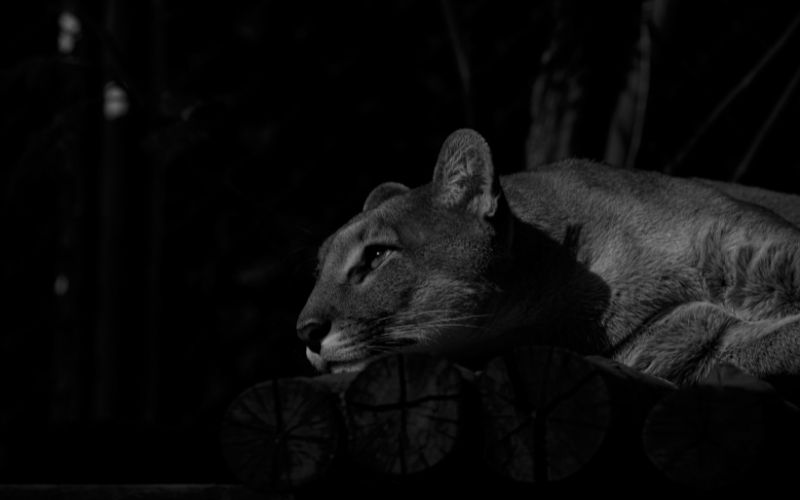
If you are a backpacker and are avoiding wild animals and happen to travel in Africa, there is a greater chance of encountering larger predators such as lions, tigers, and leopards.
Types of Beasts You can Encounter and How to Protect from Them
Below are some of the most common animals you may encounter on your safari, with tips on how to protect yourself and what to do if you find yourself in an altercation.
Poisonous Spider
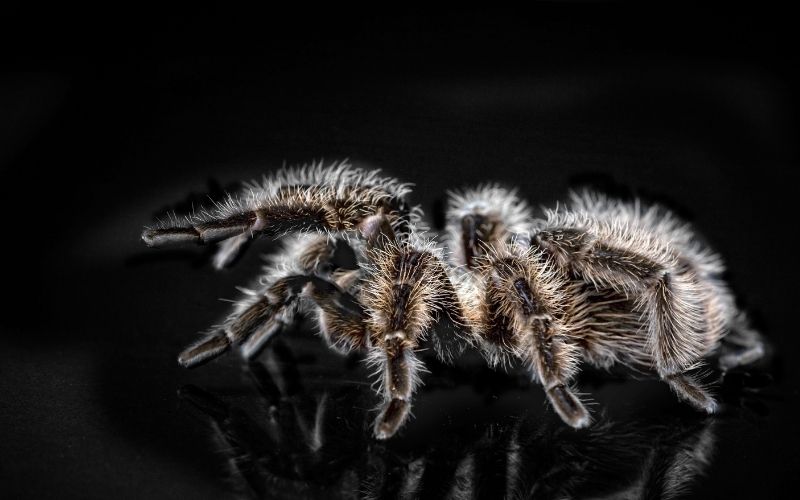
If you’re bitten by a poisonous spider, seek medical attention immediately. Apply a cold compress to the area to help reduce swelling, and take ibuprofen if you’re in pain.
Poisonous Snake
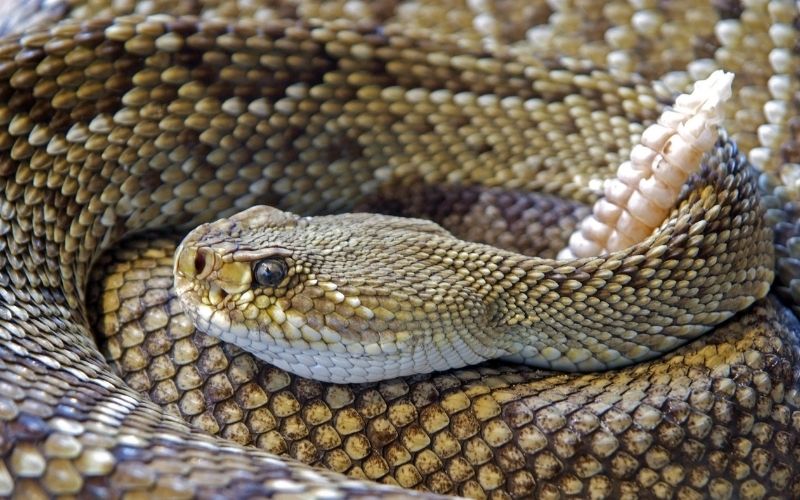
If you’re bitten by a poisonous snake, try to remain calm and remember the following:
- Do not cut the bite or suck out the venom as this will only make things worse.
- Immobilize the bitten limb with a splint.
- Apply a bandage over the area and keep it tight but not too tight.
- Transport the victim to medical help as quickly as possible.
Crocodile
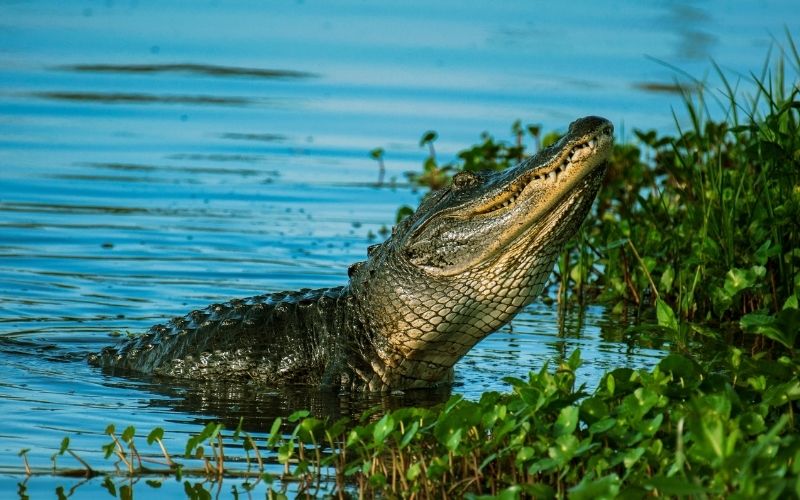
If you find yourself face-to-face with a crocodile, make as much noise as possible and move your arms and legs to appear bigger. Shout and show aggression. Only approach the animal if it’s in water so that you can swim away quickly if needed.
Clouded Leopard
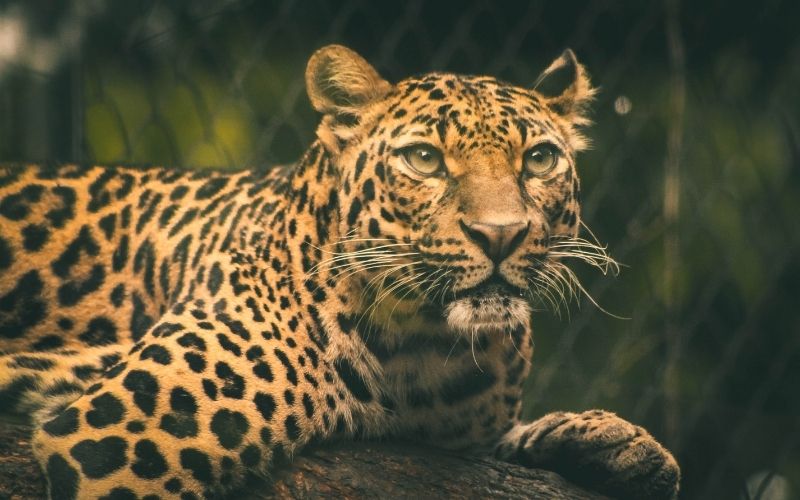
These might be smaller leopards, but they are still extremely dangerous.
- Make yourself appear bigger by raising your arms over your head while bending at the waist.
- If you have small children with you, put them on your shoulders or in front of you while slowly backing away.
- Never run unless it’s to get to safety as this can trigger their chase instinct.
Lions
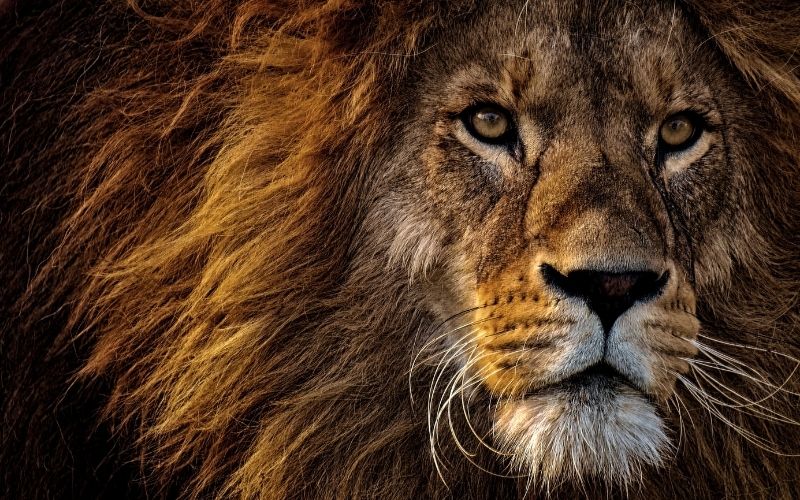
These animals are considered very unpredictable and if faced with an encounter will almost definitely attack. Lions are most likely to be encountered in groups (pride). While you may not see any other lions around, there might be cubs nearby that could attract their attention. If confronted by a lioness with cubs, stay perfectly still until she loses interest.
Wolf
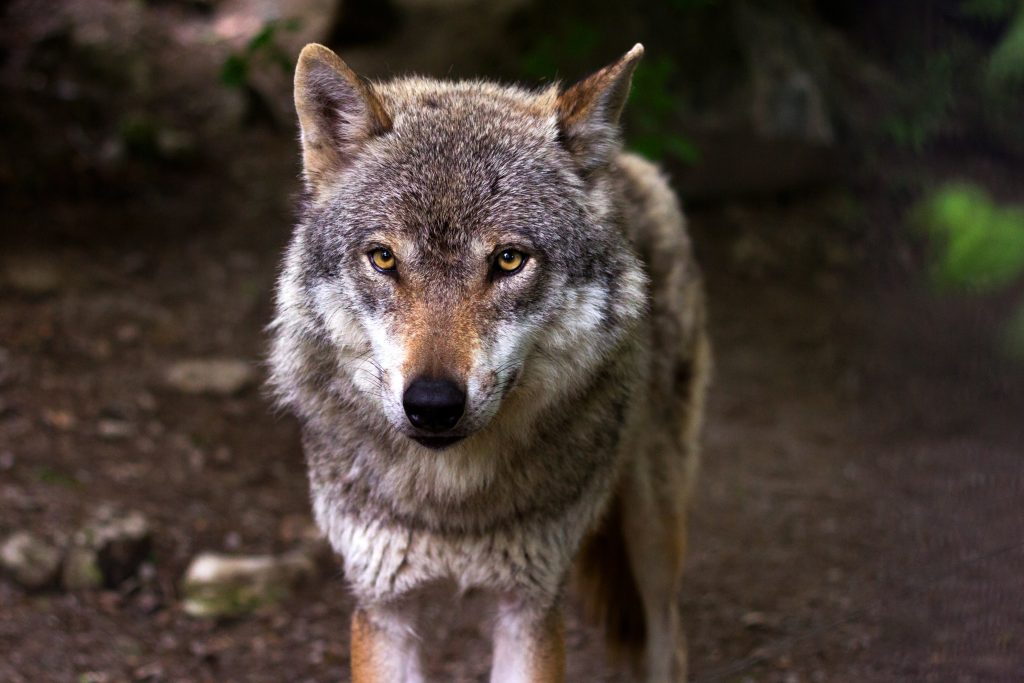
Wolves are known for being very social animals, so if you get too close to one, others might approach. If this happens and the wolf begins to circle you, slowly back away while also moving sideways so that it stays in front of you and prevents an attack from other animals that may be following behind.
Some Tips to Avoid Other Animals
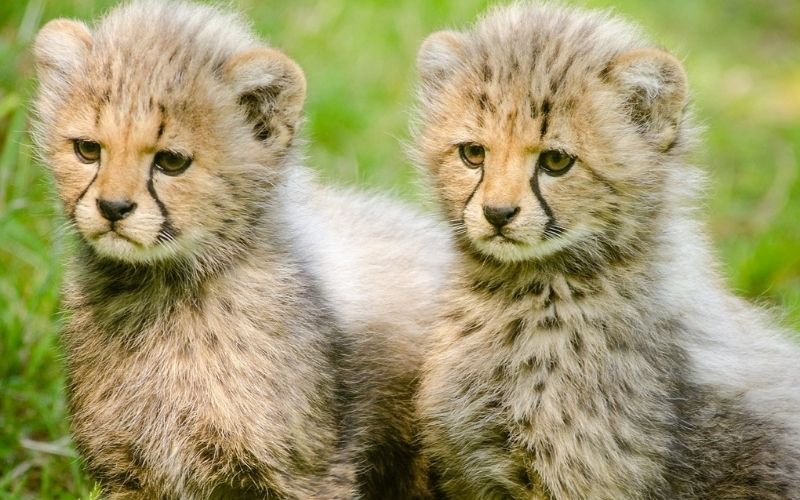
Although avoiding animals may be challenging, there are a few ways to keep yourself and your family safe.
- Consider visiting the zoo instead, as you’ll be protected from any animal interactions.
- Avoid hiking or camping alone or off the beaten path where larger animals might reside.
- Don’t approach baby wild animals as this is a difficult situation for both you and the animal.
There are many more large predators in Africa compared to America so learning how they behave will better prepare you for your next safari trip.
Can All Animals Kill You?
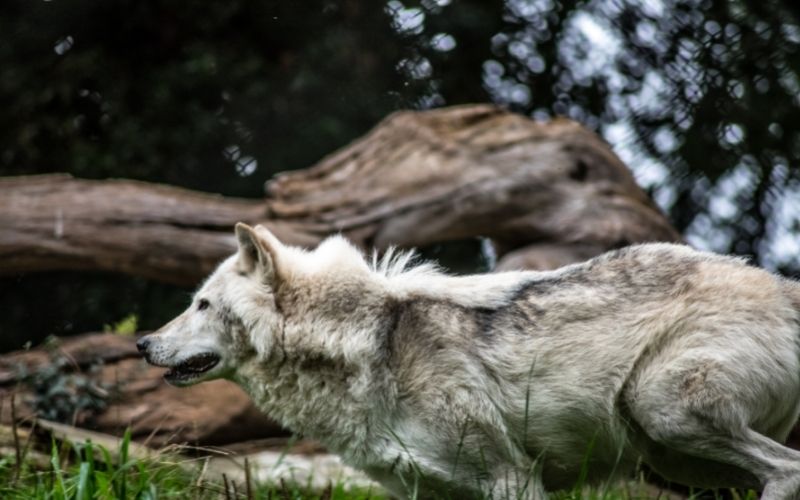
Despite the fears of many, most animals don’t want to hurt or kill you. They will probably run away from the sight of a human. Wildlife interactions are very common in Africa and much more frequent than your typical American’s encounters with wild animals. That being said, many people do get injured when deciding to approach an animal they think is cute when it feels threatened.
Do not go out in nature thinking that you can take selfies with a lion because chances are he won’t be sharing the same opinion as you and will attack!!
Remedies when Attacked by Wild Animals
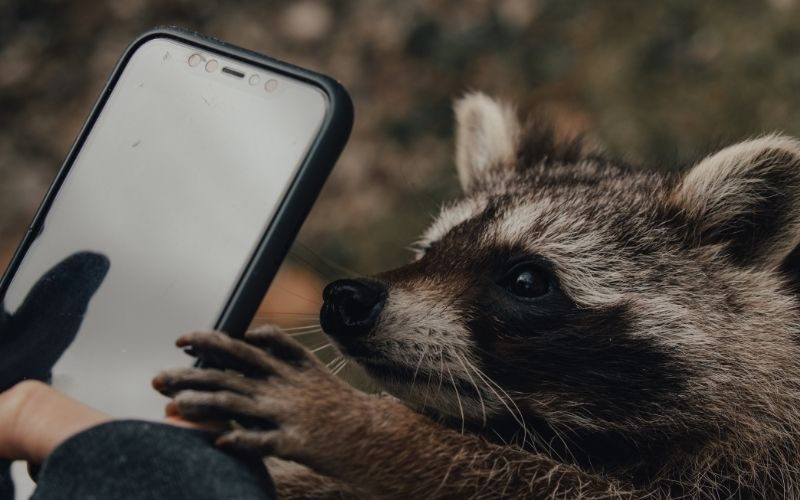
In some cases, wild animal attacks can be fatal. If you are a backpacker and avoiding animals and are unfortunately faced with this situation, there are a few things you can do to increase your chances of survival.
- Fight back: use whatever is available to you such as stones, sticks, or fists to defend yourself.
- Stay calm: if you panic, it will be difficult for you to think clearly and could lead to more serious injuries.
- Play dead: this only works in certain cases with specific animals, so try not to rely on it.
- Immobilize the wound: this will help stop the bleeding and prevent infection.
More Tips
If you are a backpacker with less experience in wild animal interactions, consider the below tips on how to avoid dangerous wild animal encounters on your trip.
- Travel with a friend or group, as they can watch your back and help you if an attack happens.
- Never hike alone in the wilderness; always opt for guided tours where there are professionals that know what to do in case of an encounter.
- Keep your distance: any closer than 20 meters of the animal will be seen as threatening so give them plenty of space unless it’s necessary to get closer (e.g., photographing).
- Enjoy viewing wildlife during the early morning hours of dawn and dusk, as this is when many animals are hunting for prey.
Conclusion
The key to being backpackers and avoiding wild animals or any dangerous wildlife interaction is to be aware of your surroundings and know the signs of when an animal is feeling threatened. More importantly, it would be great if you had learned some survival skills via reality shows prior to starting your tour in the wilderness. Safari trips can be a great opportunity to see Africa’s amazing wildlife, but always remember to respect their space and never try to get too close. With the proper preparation, you can enjoy your safari experience while staying safe from any possible animal attacks.

